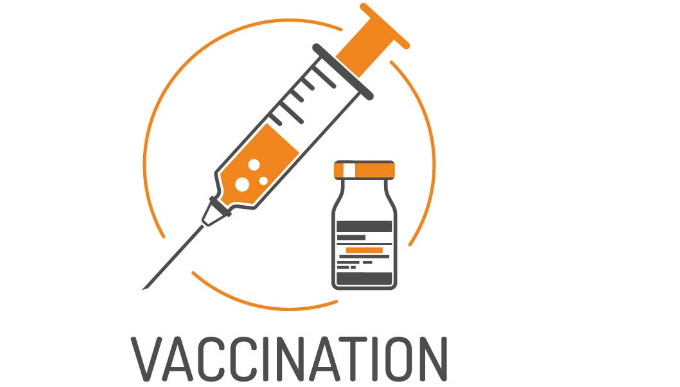It’s important to talk with health care providers about immunization for children and adults of vaccinations
Vaccinations provide an effective and safe bulwark against COVID-19 and a wide array of other infectious diseases, including some that have been eradicated or all but erased because of inoculations. “In the 19th and early 20th centuries, these illnesses struck hundreds of thousands of people in the United States each year, mostly children, and tens of thousands of people died,” the National Institute of Allergy and Infectious Diseases notes. “The names of these diseases were frightening household words. Today, they are all but forgotten. That change happened largely because of vaccines.”
Vaccines help the body “know” its adversaries in a way. Usually, they contain weakened or destroyed bacteria or a portion of the pathogenic bacteria. This activates the immune system to create blood proteins known as antibodies that can recognize and neutralize particular antigens, which are foreign substances that assault the body, such as viruses and bacteria. The body is then better prepared to fend off those illnesses. Vaccines have contributed to the complete or near eradication of certain illnesses over the years, such as tetanus, smallpox, diphtheria, and polio.
Also read-Raynaud’s Syndrome : A Patient’s Guide To Raynaud’s Syndrome And Its Symptoms

vaccinations
COVID-19 vaccinations
Currently, adults and adolescents over the age of 12 can receive effective vaccinations against COVID-19, the virus that has killed over 618,000 individuals in the United States. Nonetheless, a fourth wave of COVID-19 is affecting a large portion of the nation. The Centers for Disease Control and Prevention report that the states with the lowest immunization rates also have the greatest infection rates.
Hospitals and healthcare providers are under strain because of the surge in COVID-19 cases in these states.
- Florida.
- Louisiana.
- Mississippi.
- South Carolina.
Some people use unfounded conspiracy theories to justify their refusal to get vaccinated, such as the idea that the government is implanting chips in people through the vaccine. Some claim they are dubious because the FDA has only authorized them for emergency situations up to this point. Nonetheless, studies have repeatedly demonstrated the safety and efficacy of COVID-19 vaccinations in reducing fatalities and severe sickness. For instance, a 2020 study that was published in the New England Journal of Medicine found that the mRNA vaccine, a novel kind of vaccination to ward against infectious diseases, is 95% successful in preventing COVID-19 in adults 16 years of age and older. 43,548 people participated in the research; 21,720 got the vaccine and 21,728 received a placebo.

vaccinations
Infant and childhood vaccines
The American College of Obstetricians and Gynecologists, the American Academy of Pediatrics, the American Academy of Family Physicians, and the CDC all suggest that parents adhere to a vaccination schedule for their children and teenagers up to the age of 18. Several vaccines, frequently in multiple doses, are advised between the ages of one and fifteen months to protect against a variety of illnesses, including the liver infection hepatitis B.
The recommended vaccines for babies 0 to 15 months include:
- Diphtheria, tetanus and acellular pertussis.
- Haemophilus influenzae type b.
- Hepatitis A.
- Hepatitis B.
- Inactivated poliovirus.
- Influenza.
- Measles, mumps, and rubella.
- Pneumococcal conjugate.
- Rotavirus.
- Varicella.

vaccinations
Adult vaccines
While there are undoubtedly more vaccinations prescribed for small children in order to protect them both during their early years and as they age, adults 19 years of age and older are also encouraged to adhere to the recommended adult immunization schedule. The recommended immunization schedule for adults includes receiving a single dose of the Tdap vaccine, which protects against tetanus, diphtheria, and pertussis, and a booster dose of Td every ten years. Additionally, Bauer states that a woman should always have the Tdap vaccination in the third trimester of her pregnancy. The annual flu shot and the shingles vaccine are also advised by the CDC for older people. The most recent shingles vaccination is one of the newest and is advised for use by healthy people 50 years of age and older. The FDA gave the Shingrix vaccination its approval.

vaccinations
Also read-Cohabiting With A Depression Relative Can Have A Financial And Mental Burden
images source: Google
Disclaimer: The opinions and suggestions expressed in this article are solely those of the individual analysts. These are not the opinions of HNN. For more, please consult with your doctor




































